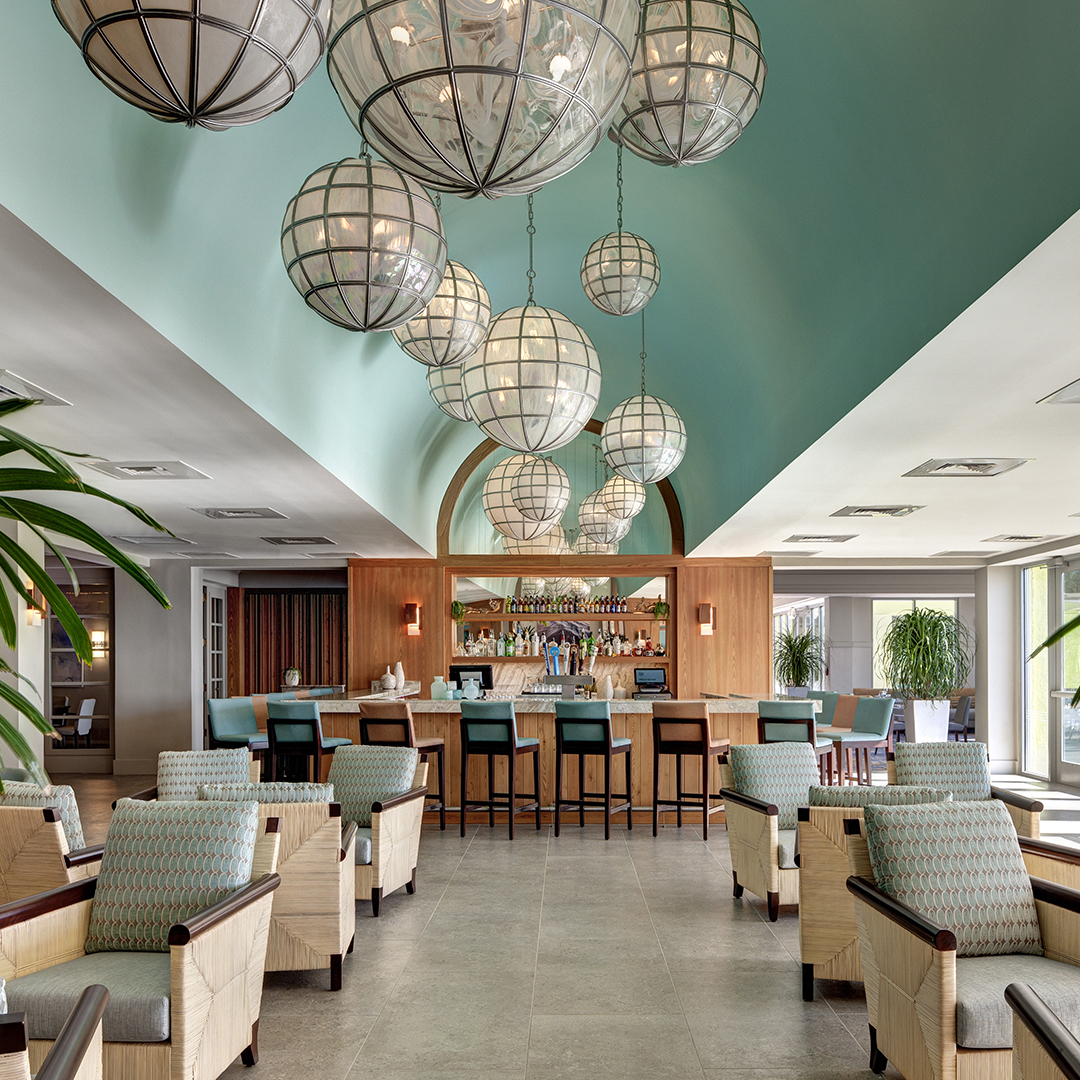|
Getting your Trinity Audio player ready...
|
“I need a six-month vacation,” Patrick Ferretti jokes within the first few minutes of his interview with American Builders Quarterly.
That’s because he’s been working nonstop in his role as facilities manager for women’s fashion footwear giant Camuto Group, a subsidiary of Design Brands. He oversees a 689,000-square-foot facility, juggling maintenance, contracts, budgets, security, and safety, all with a staff of approximately 30 people. And during the COVID-19 pandemic, that work has only gotten more challenging.
In the early days of the pandemic, Ferretti did whatever he could outside of work to keep from going stir-crazy, from exercising outside to keeping himself busy in the kitchen. “My freezer was filled with food I’d cooked,” he says.
Meanwhile, at work, Ferretti has risen to the challenge of adapting to a changing landscape. He credits his ability to be flexible to the experience he’s gathered in his international career in construction and facilities management. Among the roles he’s held over the years, one of the most notable was facilities site manager for Honeywell, where he oversaw 70 to 100 people in Iraq and learned the ins and outs of what it means to be in a support function.
“If you’re not able to be flexible, if you’re not able to basically think on the run, you’re going to struggle.”
He also learned a lot about himself, including the value of adaptation. “You couldn’t have the mindset [in my work] of, ‘Well, I do things a certain way,’” he says. “It doesn’t work that way.” For Ferretti, flexibility is key to successfully navigating a support function. “If you’re not able to be flexible, if you’re not able to basically think on the run, you’re going to struggle,” he explains.
While his experience gives him a leg up in maintaining the complex support functions required by his role as a facilities manager, he stresses that he couldn’t do it without his team. “Without my staff being prepared and ready to consistently move, there’s no way I could be successful in this role,” he says.
To build up the kind of staff he needs, Ferretti strives to be a growth-centric leader, encouraging his staff to be independent thinkers so he doesn’t have to focus on every single decision in the entire building. “My goal is to get them to be able to understand how to make quality decisions,” he explains, adding that he encourages his staff to be proactive even when he’s not around. “The worst thing that happens is that we just have to break it down and put it back together the way it was.”
It’s that sense of risk and exploration that makes the world of facilities so fulfilling for Ferretti. “I’ve grown to love the world of facilities management because I’ve never had the same day twice,” he observes.
Ferretti’s adaptability and positive manner is celebrated by partners like MHS Lift, a company that collaborated to design and develop Camuto’s distribution facility in Westampton, New Jersey. “MHS Lift was proud to work with Camuto Group to create the first Crown Equipment semi-automated warehouse on the east coast,” says Brett Levin, vice president of MHS Lift. “Patrick was integral to the project’s success. He’s a committed manager who works hard to maximize productivity, just like we do. Our partnership was a natural fit.”
This commitment has proven beneficial especially in 2020, when Ferretti and his team dealt with some daunting obstacles, many of them caused by the COVID-19 pandemic. While much of the rest of Camuto Group can work remotely, Ferretti’s building requires hands-on work to move the millions of items needed to keep the business going.
“I’ve grown to love the world of facilities management because I’ve never had the same day twice.”
In the early days of the pandemic, Ferretti looked to what other companies were doing to keep their building safe while maintaining productivity. The first priority was safety and sanitization—a difficult task for a huge corporate building with more than one million square feet of working space. At first, Camuto contracted an outside party to come out and fumigate the building, which cost about $8,000 per treatment every week.
Ferretti balked at that price. He went to the company’s director of procurement and asked, “Why aren’t we handling this in-house?” As an alternative, he suggested that they buy the equipment and chemicals and train the staff to do it themselves, which cut the cost to a fraction of that original quote.
“That’s adapting,” he notes.
Another way Camuto has had to adapt to the new COVID landscape is the lightning-fast transition to e-commerce business, which has exploded in a new contactless world. In previous years, Camuto’s business was primarily wholesale; now, with the focus shifting to online order fulfillment, Ferretti has more than doubled the staffing of the e-commerce pack-out area. The company also tweaked its automation to fit this new fulfillment mode and has even increased the efficiency of production over the past six months.
The company even changed its returns department processes: Ferretti and his team, with the help of the engineering department had to build separate areas for wholesale and e-commerce returns, because handling returns from online orders is more complicated logistically. Using spare conveyers, Ferretti and his team created a faster assembly line so they could process returns, get credits back to the customer, and put inventory back on the shelf much quicker.
“During the spring, like many retailers, we experienced some furloughs,” Ferretti says. “That meant that some of us had to take on more responsibilities, things we were previously used to leaning on our staff for.”
But Ferretti’s flexibility and adaptability, born of his experiences solving facilities problems around the globe, has helped Camuto weather these changes. Ferretti even sees the hurdles of the pandemic as chances for growth. “If you can’t find opportunities from [COVID], you’re not looking for them,” he says.

